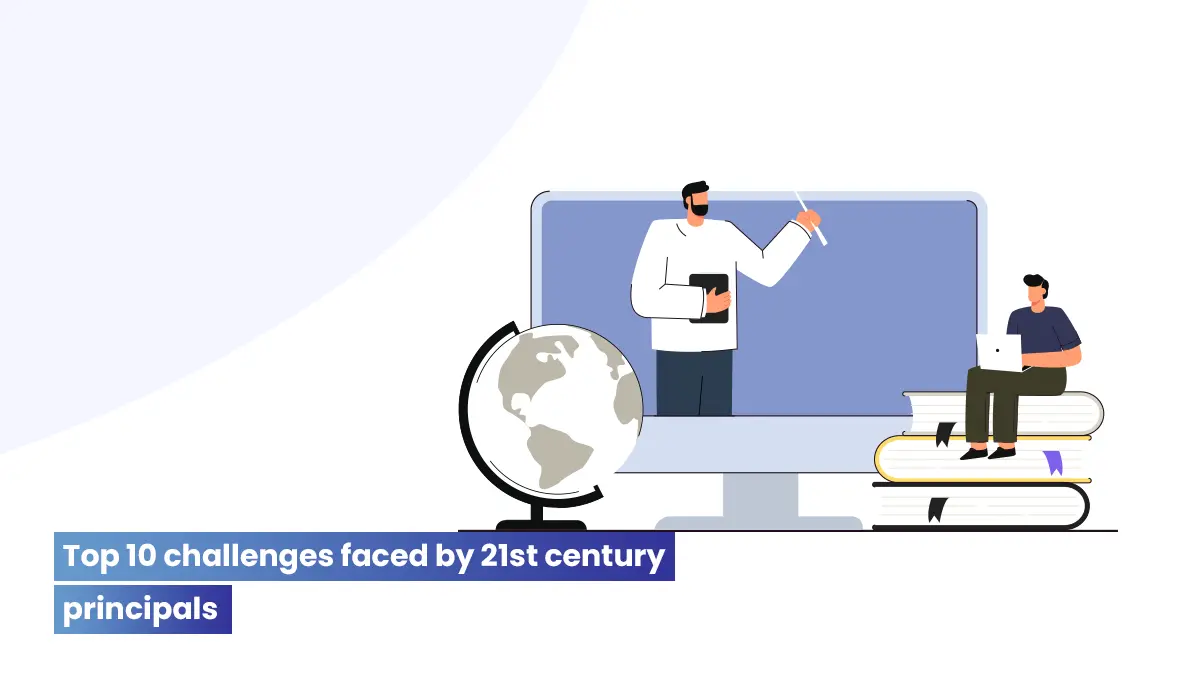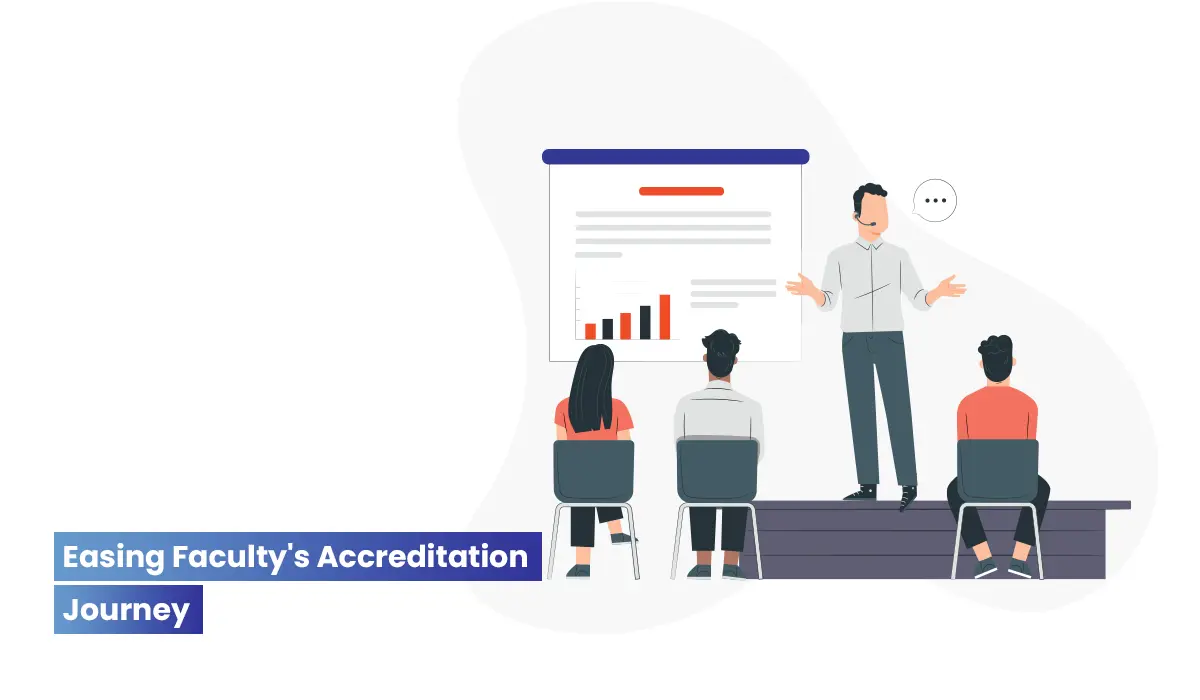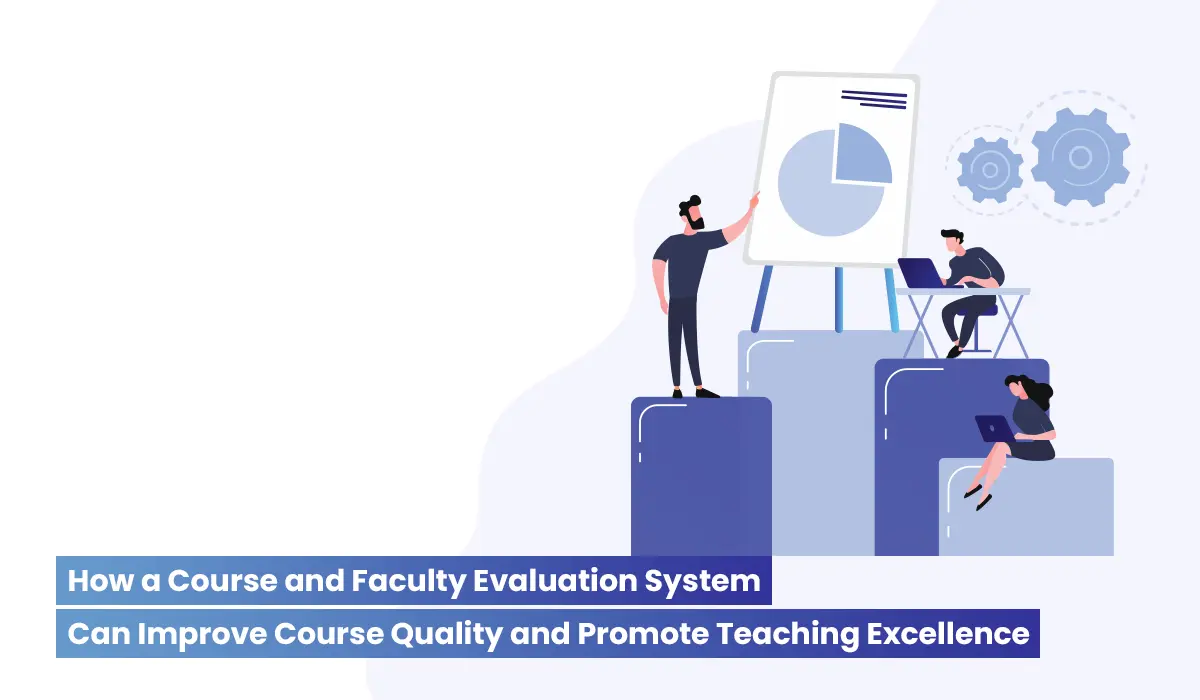Top 10 Challenges Faced by 21st-Century Principals

Principals are facing challenges each day toward improving student achievement on campus. Every principal face some of the biggest frustrations to control student behavior, recruiting teachers and staff, promoting personalized learning, improving teaching effectiveness, student retention, parent support, and more.
Technology integration translates into enhanced student achievement
21st-century classrooms strengthen tech-savvy teachers with the most advanced cloud, mobile, and digital technologies to teach and interact with students using videos, chat, notifications, social media, and email messaging. Creating future-ready classrooms and higher education institutions with the use of cutting-edge augmented reality systems in the classroom can enrich the learning process and improve student achievement.
Principals are faced with complex and difficult challenges to turn around the campus with academic underperformance. Here is a list of the top 10 challenges and successful strategies to promote student growth and success.
1. Paperwork
Paperwork and forms are one of the biggest frustrations of principals. Eliminate paperwork and automate data collection processes through online forms and applications for admission, course evaluations, and more to reach out to more students in a positive manner.
2. Decision-making
Principals’ decisions and strategies are critically important to institutional performance. They are accountable for high levels of student achievement. In order to accomplish the high expectations, administrators have to analyze data through dashboards and reports to identify factors related to student enrollment, retention, and success. There is clear evidence through insightful reports that the attributes of the institution such as admission, enrollment, attendance, discipline, grades, fee collections, etc. determined those outcomes.
3. Scheduling
Classroom teachers, staff, and students report scheduling problems with principals. Cognitive reframing of scheduling with an automated timetable system enables instructors to manage class schedules across multiple courses, faculty and rooms for different time periods. Innovative scheduling can help alleviate conflicts in manual scheduling and place substitutes for teachers in order to maintain continuity of instruction.
4. Recruitment
Recruiting competent teachers who are capable of teaching all student populations is at the core of the problem. In successful institutions creating an advanced student admission system with real-time application tracking, online assessments, and an automated ranking system always identified the talented and sensitive teachers who demonstrated competency, will, and commitment to implement innovative and high-quality education programs and deliver excellence for all learners.
5. Faculty Evaluation
Teachers are vulnerable individuals who are struggling to align instruction and assessments to the learning context of a diverse student population. Creating instructions in innovative ways and building flexibility in the curriculum will be easier for students to rest with the teacher. Using a faculty evaluation system, creating faculty peer evaluation reviews through online surveys will benchmark teaching effectiveness. Based on the evaluation feedback score, training and improvement action plan for the benefit of faculty can be chalked out to improve teaching performance and cohesiveness.
6. Attendance & Discipline
Principals perceive student absenteeism and misconduct are a major concern. Educational institutions can improve class attendance and improve students’ poor academic records using RFID and Biometric based attendance tracking systems to monitor student movements in real-time. Maintaining order and discipline and controlling violence, vandalism, bullying, racism, etc. in the campus using sophisticated discipline trackers that will capture incidents from mobile devices and notify authorities in real-time and ensure student safety.
7. Curriculum Design
Principals are faced with the critical task of teaching a curriculum that is comprehensive and more encompassing. Curriculum mapping software provides the technology tools for executing changes in the curriculum design and syllabus. Principals and teachers can create customized outcome-based education that will map competencies, graduate attributes, and standards to improve learning outcomes. Students can develop skills and competencies that is aligned with course outcomes.
8. Student outcomes
One of the biggest factors that stood out is related to student achievement. Principals want to promote learning and see better student outcomes. With cutting-edge academic planning tools, administrators can create a personalized learning plan with goals and tasks linked to lessons to meet the precise requirement of students, which can improve learning outcomes and ensure student success. Using online assessments including assignments, tests, quizzes, and surveys will be of great help to students and teachers alike. Using online and mobile devices, teachers can measure students’ progress in real-time and share the results with parents through instant notifications via email and SMS alerts.
9. Parental Involvement
One of the biggest frustration faced by principals is that parental involvement is lacking to support the institution’s effort toward improving student achievement. Parents also have to take joint responsibility for the poor grade of their children. Using real-time status notifications for events, meetings, grades, fee collection, attendance, and discipline via web and mobile devices can improve interactions between teachers and parents and close the achievement gap.
10. Communication & Collaboration
Principals and staff spend so much energy on building relationships with students, teachers, and staff. Powerful communication tools like discussion forums, chat, messaging and social media will have a positive impact on the institute community and promote collaborative learning.


